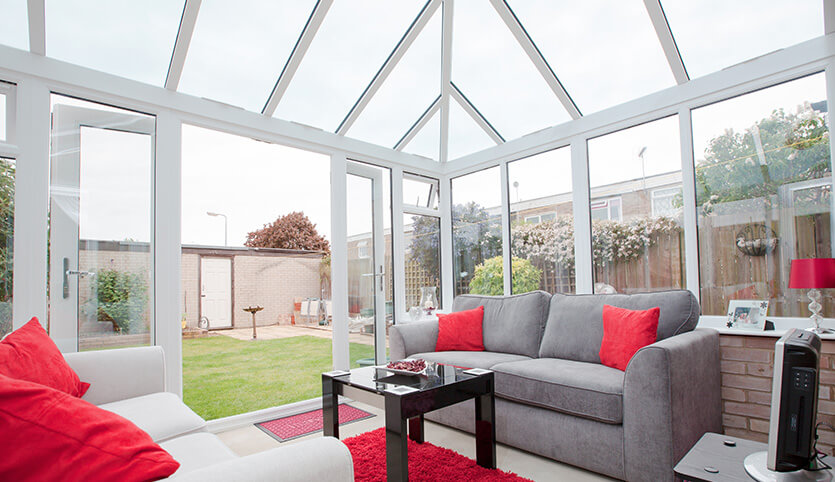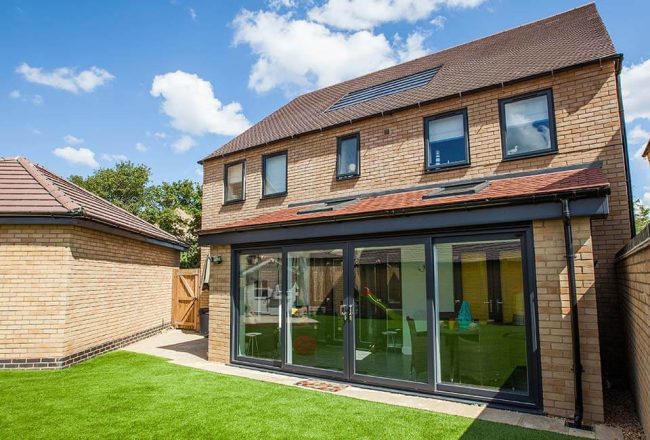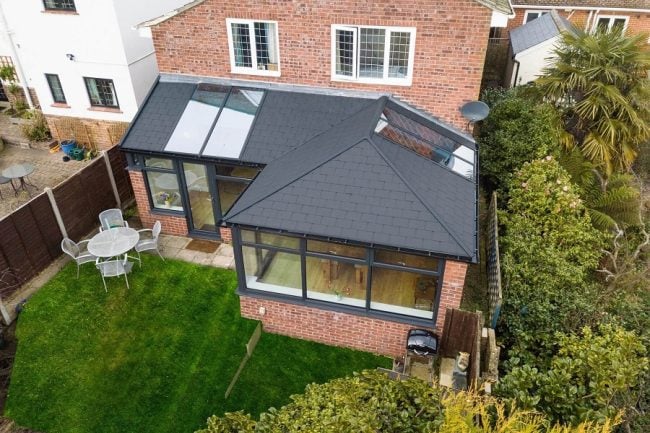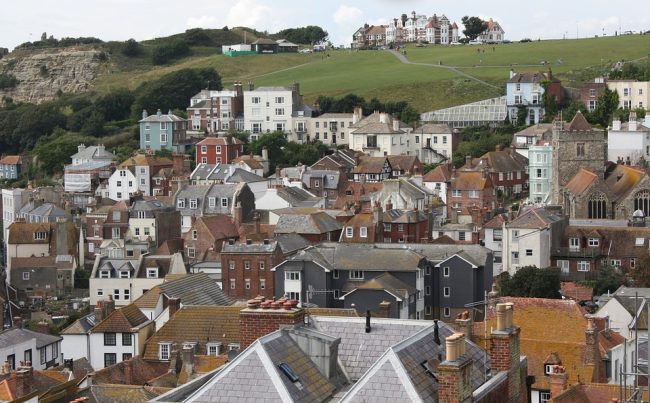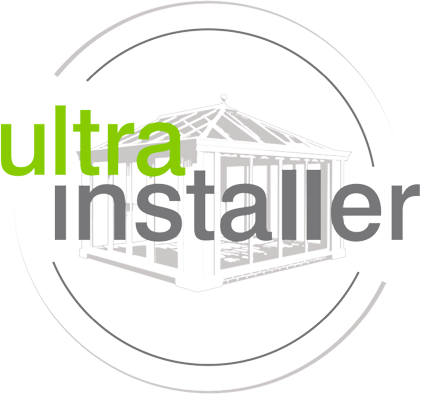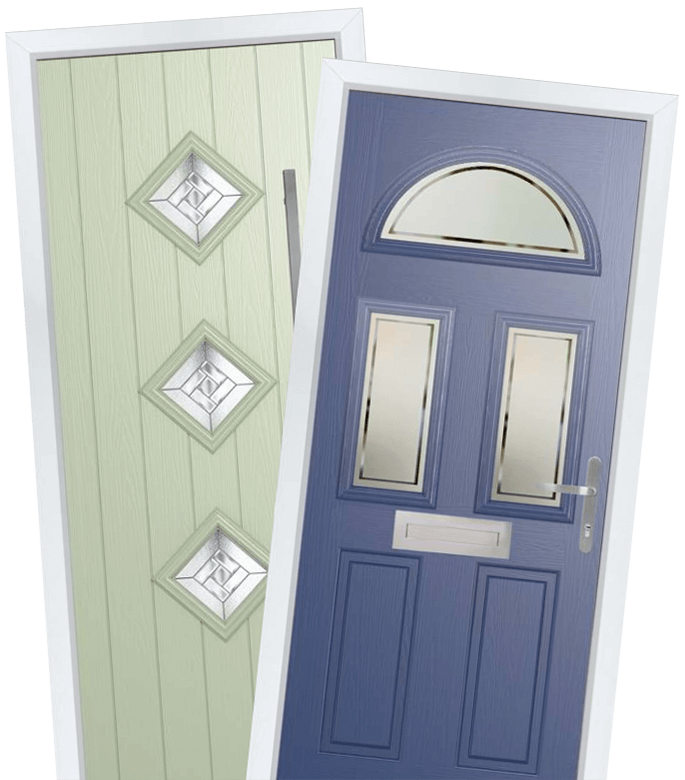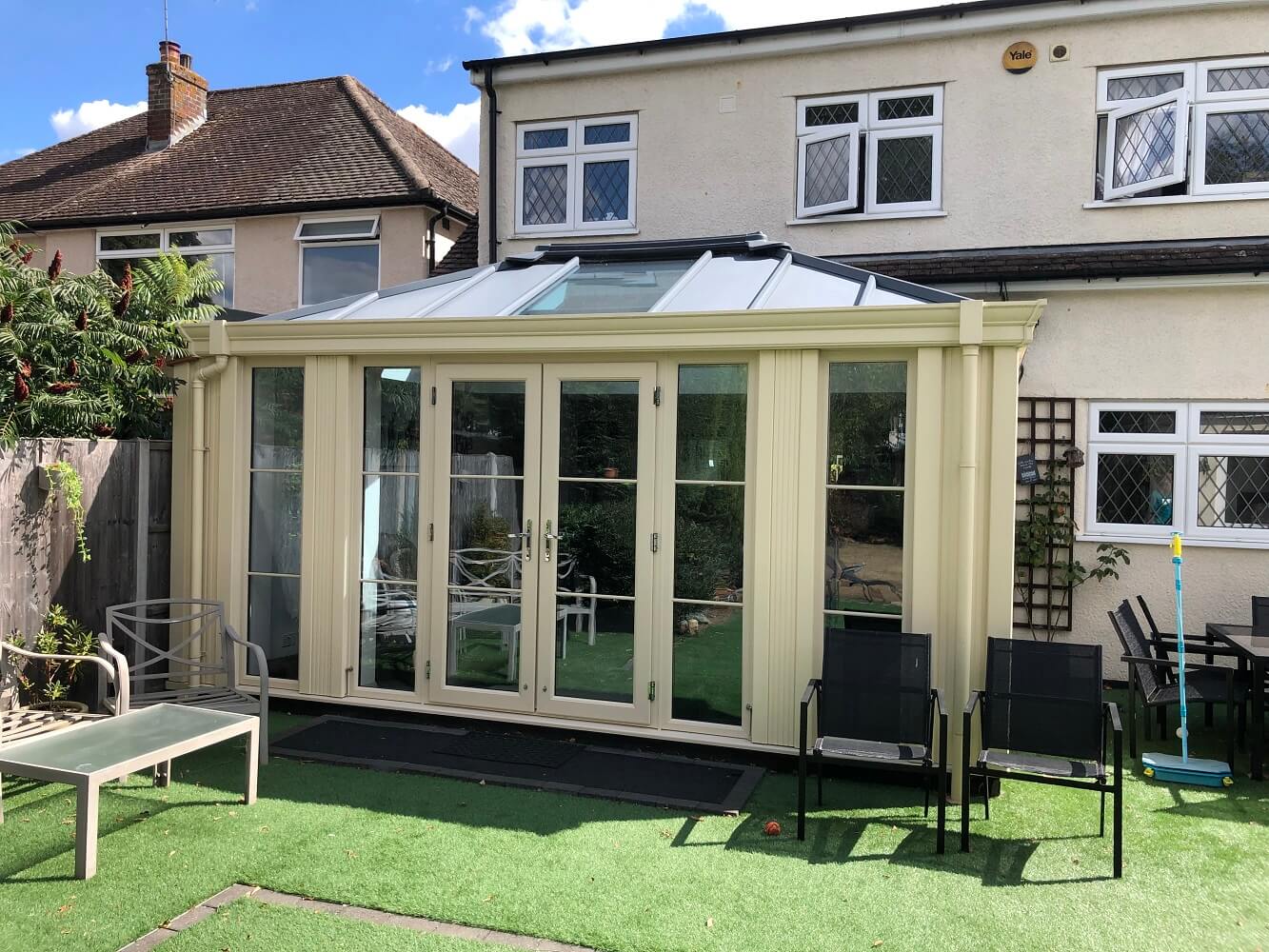
Are you considering adding a new conservatory, orangery, or home extension to your property, but have some unanswered questions that are preventing you from proceeding with the survey and design phase? We understand, and to assist you, we’ve put together a collection of the most frequently asked questions and their answers regarding single-storey extensions. However, if you have any additional inquiries that we haven’t addressed, please don’t hesitate to contact the FineLine team, who will gladly assist you in making an informed decision.
Conservatory FAQs
What is a conservatory?
– A conservatory is a glass and frame structure that is attached to a house and designed to allow natural light into a room. It is typically used as an additional living space.
What are the benefits of having a conservatory?
– There are several benefits to having a conservatory, including adding value to your property, providing extra living space, allowing natural light into your home, and giving you a view of your garden or outdoor space.
What types of conservatories are available?
– There are several types of conservatories available, including Victorian, Edwardian, lean-to, P Shaped, T Shaped and gable-fronted conservatories. Each style offers unique features and benefits, so it’s important to choose one that best fits your needs and preferences.
Do I need planning permission to build a conservatory?
– In most cases, you won’t need planning permission to build a conservatory, if it meets certain size and height restrictions. However, it’s always a good idea to check with your local authority to ensure that you comply with any regulations.
What is the average cost of building a conservatory?
– The cost of building a conservatory can vary depending on the size, type, and materials used. It’s important to get a quote from a reputable conservatory installer to get an accurate estimate of the cost.
Does a conservatory really add value to your home?
– A properly constructed conservatory has the potential to increase the value of your home by at least 5%.
Can I use my conservatory all year round?
– Yes; modern materials and designs mean your conservatory is insulated properly, meaning you can use your conservatory 365 days of the year.
What can I use my conservatory for?
– Your conservatory can serve a variety of purposes, depending on your preferences. It can be transformed into a delightful dining room, a fun playroom, a games room, a serene garden room, a cosy sunroom, a spacious kitchen extension, and much more.
How do I maintain my conservatory?
– Regular cleaning and maintenance are essential to keep your conservatory looking and functioning at its best. Thanks to modern materials, a conservatory will be much more low maintenance than you think, while you can also get a self-cleaning glass roof too.
Can you make a conservatory more energy efficient?
– If you have an existing conservatory, it’s often possible to retrofit a new roof to improve its performance. In addition, there are other refurbishment options available, such as updating the windows and doors, to enhance the functionality and appearance of your conservatory.
What is the most energy efficient conservatory roof?
– With three energy-efficient styles to choose from, tiled conservatory roofs offer superior thermal performance compared to other conservatory roof types, achieving impressive U-values as low as 0.15. Our glass conservatory roofs are also industry-leading, capable of achieving U-values as low as 1.0 and 1.1 for our lantern roofs.
What are the benefits of a modern glass conservatory roof?
– Nowadays, glass roofs provide exceptional thermal performance, ensuring a comfortable temperature throughout the year. Additionally, they offer benefits such as ample natural light, sound insulation, low maintenance, durability, and weather resistance.
Which is better – a conservatory, orangery or extension?
– Conservatories are typically constructed primarily from glass, while classic orangeries often incorporate solid brick pillars and a roof lantern. An extension, on the other hand, usually consists of a brick structure with a flat or tiled roof. Ultimately, the choice between these options comes down to individual preferences, the available space, and the budget.
What is a conservatory clad over roof?
– In many cases, conservatory clad overs involve insulating materials combined with timber, tiles, and plasterboard, which are placed over the existing polycarbonate or glass roof. However, at our company, we prioritise installing top-quality home improvements consistently, and we avoid using cladover roof installations.
What is an orangery and how does it differ from a conservatory?
Orangeries are typically more solidly built, with brick or stone supporting walls, rather than being fully glazed, and have a glass roof. They’re a good choice if you want to add elegance and a more permanent living space to your home, but still want the benefits of natural light. They provide an ideal balance for letting the light in like a glass extension yet maintaining the feel of a full home expansion.
Extension FAQs
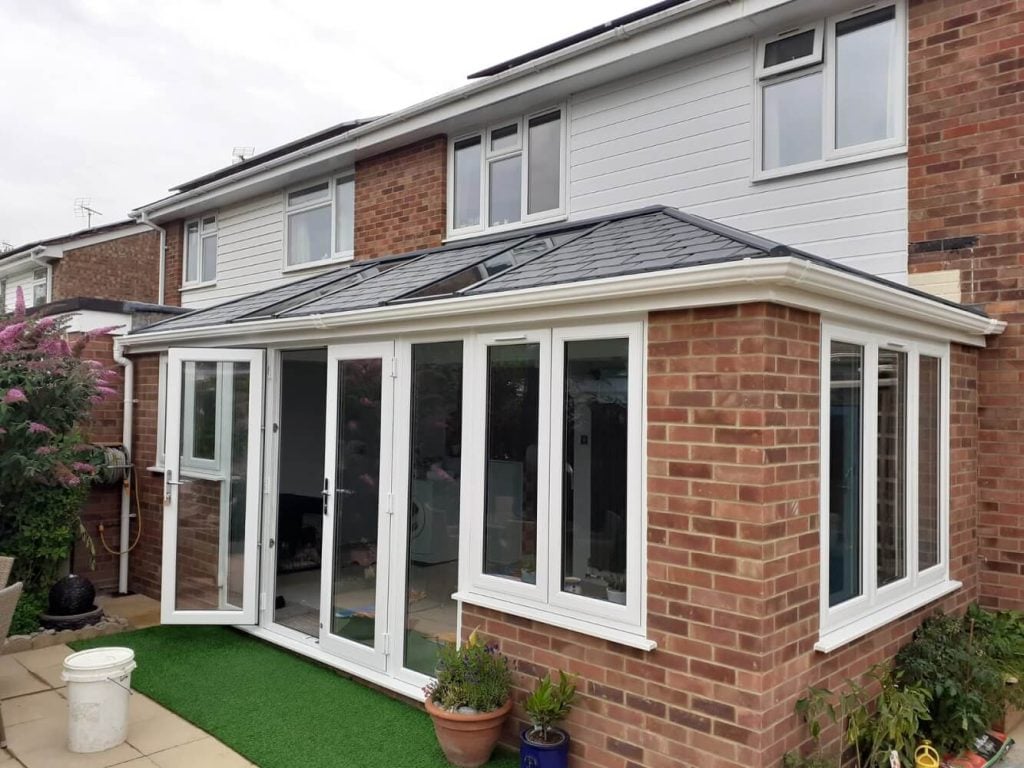
What is a home extension?
– A home extension is a construction project that involves expanding a property’s living space by adding extra rooms to the existing structure. It can be built to accommodate various needs, such as creating an additional bedroom, office, or living room.
What are the benefits of having a home extension?
– The main benefits of having a home extension are creating additional living space, adding value to your property, and avoiding the cost and hassle of moving to a new home.
What should I consider before starting an extension project?
– Before starting an extension project, it’s important to consider factors such as the purpose of the extension, the budget, the timeline, and any legal requirements. You will also have to consider any ground works needed, such as drains, and any planning permission you might.
How long does it take to build a home extension?
– The length of time it takes to build a home extension will depend on the size and complexity of the project. A small, single-story extension may take several weeks to complete, while a larger, multi-story project could take several months.
What is the cost of building a home extension?
– The cost of building a home extension will depend on various factors, such as the size, materials used, and location of the project.
Do I need planning permission to build a home extension?
– It’s important to check with your local authority to see what requirements apply to your specific project. In many cases, planning permission is required to build a home extension. However, some smaller projects may be covered under Permitted Development rights.
How does building an extension affect your home insurance?
– It is important to inform your home insurance provider before commencing any structural alterations to your property as it could potentially affect your insurance.
How do you create a sustainable extension?
– Prioritising sustainability and energy efficiency is essential when constructing a sustainable extension, and at FineLine, we achieve this by utilizing sustainably sourced materials and insulation in all of our extension products.
Which is better out of a pitched roof and a flat roof extension?
– When considering cost, a flat roof is generally more affordable than a pitched roof since it typically requires less labour and materials to construct.
How do you finance a house extension?
– When it comes to financing home improvements, it’s wise to begin with using savings rather than borrowing. However, homeowners who don’t have savings at their disposal can consider flexible home improvement finance as an option.

